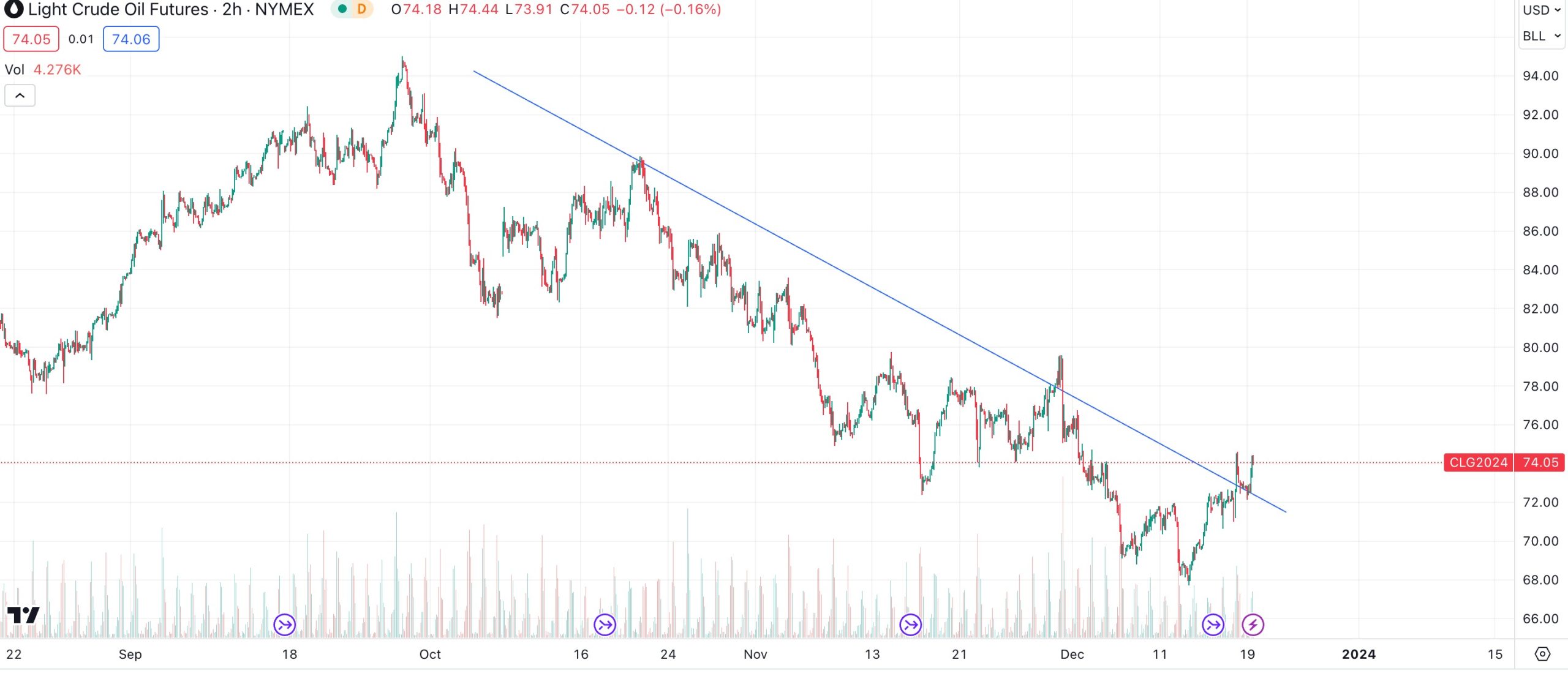1 Oil Stock Screaming Buy Now
Chevron and Occidental Petroleum are two oil stocks garnering a lot of attention these days, primarily because both are held in the esteemed portfolio of Warren Buffett.
But a closer examination of them both and their rivals suggests another oil stock may be a much better deal right now. So, is it time to buy?
Key Points
- BP is trading a low P/E ratio and appears undervalued according to analysts forecasts.
- The British oil stock has a high dividend and a history of paying it out for more than thirty years.
- Compared to its peers, BP may be the standout buy in the energy sector.
Is This British Oil Stock a Buy?
2023 has been marked by massive increases in large cap and technology stocks. The NASDAQ is up by more than 43% for the year and the big tech names, like Microsoft and Apple, have led the pack. As attention turns to 2024, and the roaring market rally that is in play now starts to fade, where will investor attention turn?
One high probability sector that may garner attention is oil, and the breakout in crude oil futures recently is likely going to be a catalyst.
Just a couple of years ago, oil ran up by about 50% in one year and the revenues of many oil companies, including BP, soared also on a year-over-year basis. Indeed, BP over the past year has generated over $200 billion in top line revenues, in spite of crude oil declining.
With oil peeking above the long-term resistance level, could a resurgence in oil stocks be on the horizon? The fundamentals would suggest so. For example, BP now pays a dividend just shy of 5% and it’s paid shareholders annually for over three decades. That yield compares favorably with the payouts offered by other firms now in the same sector. OXY for example pays out just 1% and change.
On a multiples basis, the PE ratio is rock bottom at under 4x earnings, suggesting the stock is truly on sale, especially when compared to rivals like Chevron and Occidental Petroleum, which trade at 11.2x and 11.6x earnings respectively.
Time to Buy BP?
Across the spectrum of oil stocks, BP appears to have the highest yield and lowest PE combination, and that fact has not gone unnoticed by management who have snapped up close to $10 billion in shares as part of a buyback scheme this year.
So too are analysts buoyant on the prospects of the firm with the majority assessing the stock can rise by over 21% to almost $43 per share.
These estimates are predicated on revenues staying relatively flat or falling slightly over the next 5 years. Should tensions escalate globally, for example a move by China to invade Taiwan, the likely outcome would be a spike in oil prices that would favor energy stocks like BP.
If there were one stock to own in the space, BP might be it with a rock bottom PE ratio, a solid dividend that is likely to keep being paid based on history, and a lot of upside in the eyes of Wall Street.




